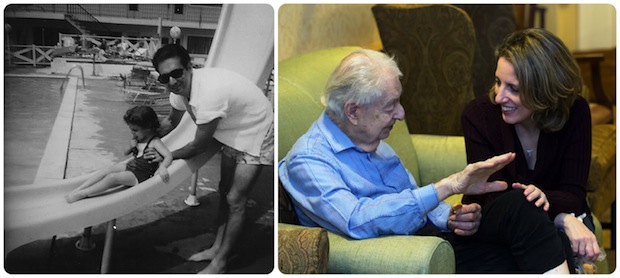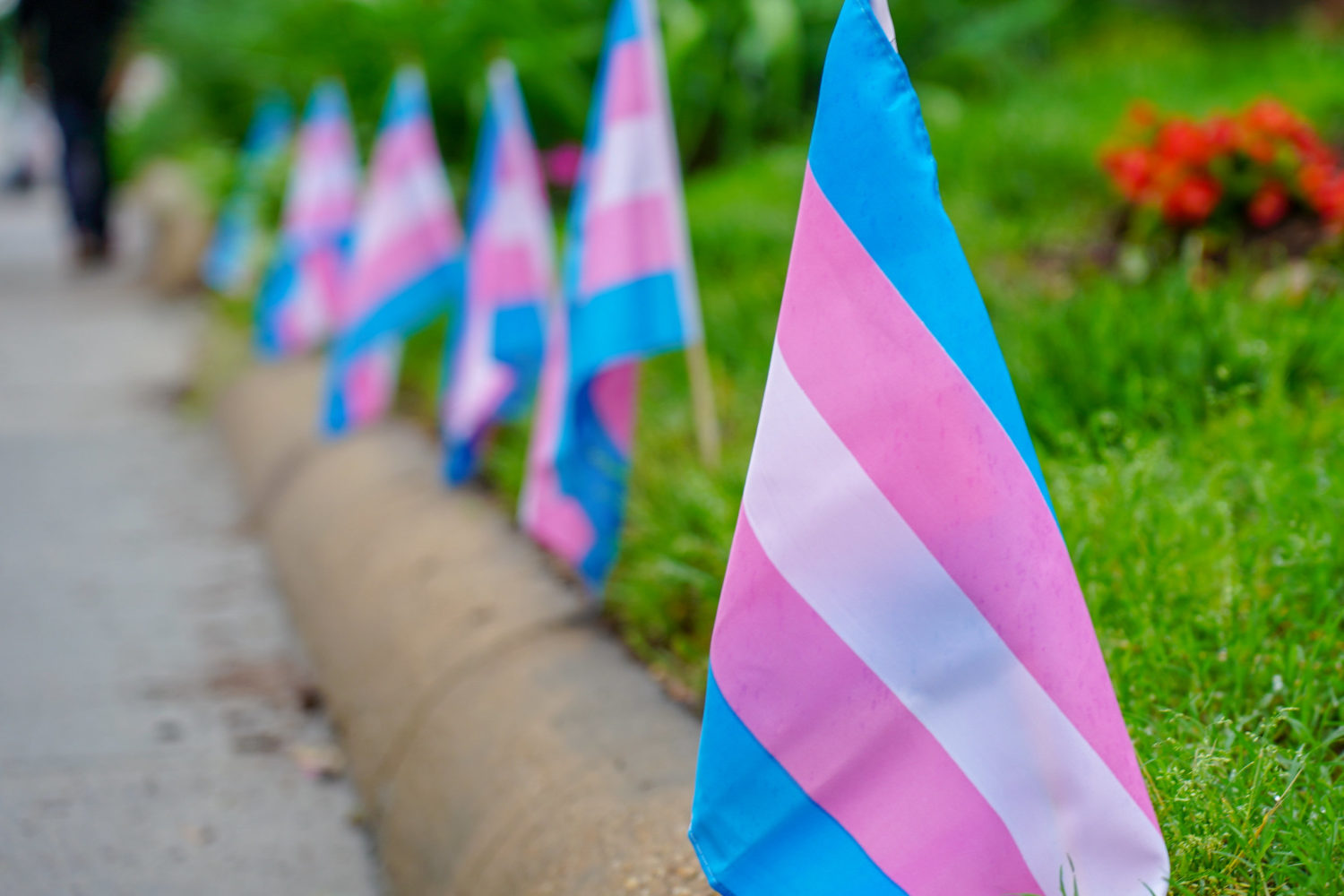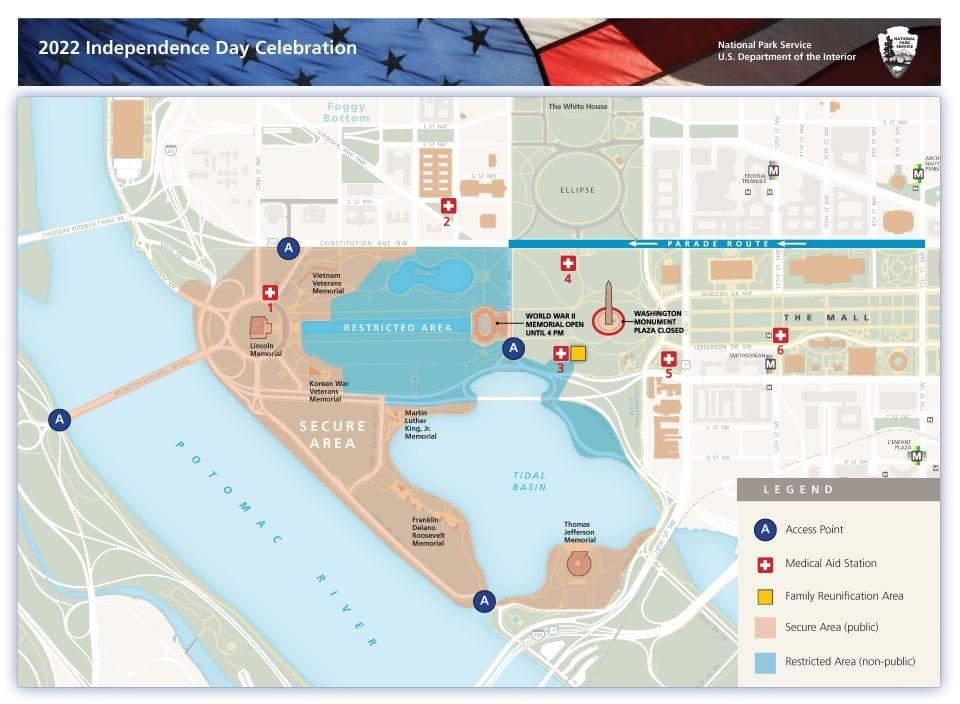“Young lady, do you have NF also?” I felt the weight of my father’s hand on my 12-year-old shoulder. “No,” he said to the woman, “we’re just here to learn.” Dad knew my response was likely to be one of confusion delivered with tears, so he stepped in.
Back then, my only understanding of NF—neurofibromatosis—came from a TV program about the “Elephant Man.” After watching that program, I had begged Dad to take me to this NF conference. It was here that I first learned about genetic counseling. Thirteen years later, I became a genetic counselor—it has been my dream career ever since.
Through teenage angst, academic challenges, boy troubles, and workplace politics, Dad was there for me. He listened, discussed, and advised. He was many things: husband since age 22, father of two girls, government employee since age 16, Army veteran, marathon runner, and deeply steadfast person. When I was a kid, I didn’t see the last part.
When I was in my 30s, I grieved his loss. Although I could still see him, hug him, and talk with him, he wasn’t there. Most of the time, he didn’t know who I was. My father had begun a slow descent into Alzheimer’s disease. The gentle, witty person I loved was replaced by a forgetful, depressed, distant, and belligerent man. When these behaviors peaked in 2010, I thought that when he did actually die, I would not mourn because he would be relieved of his suffering. And my family would be relieved of ours. But I was wrong.
Dad recently turned 85. He resides in an assisted living facility. Caregivers surround him with music.
He usually doesn’t recognize me, but he knows the lyrics to almost every song. He has perfect pitch. He cajoles me into singing with him. I never sing in front of anybody! But I can’t resist—he says he’s never heard me sing before.
Last month, Dad asked me if we still go to the movies and the zoo. I said no, but that we do other things together. That day he remembered me: “Little Beth,” he said when I kissed him. My eyes welled with tears that I pushed back. I was quiet. He looked at me and asked what was wrong. “You look sad,” he uttered. I was.
He often asks me: “Why did this happen?” And so begins his painful chanting of unanswerable questions that rip my heart out. “Why can’t they figure out how to cure me? I want to be your old Dad again. What did I do to deserve this? What else can they do for me?” When I say that I don’t know and that there is no cure, he understands. Sometimes he cries.
These glimpses of my father—the moments of joy, the flashes of empathy, the demands to know why—this is my father fighting. He is holding onto everything he has left. This is the torture of being in a black hole. But my old Dad is still in there.
Beth N. Peshkin is the Senior Genetic Counselor and Professor of Oncology at Georgetown Lombardi Comprehensive Cancer Center. She lives in Arlington.










